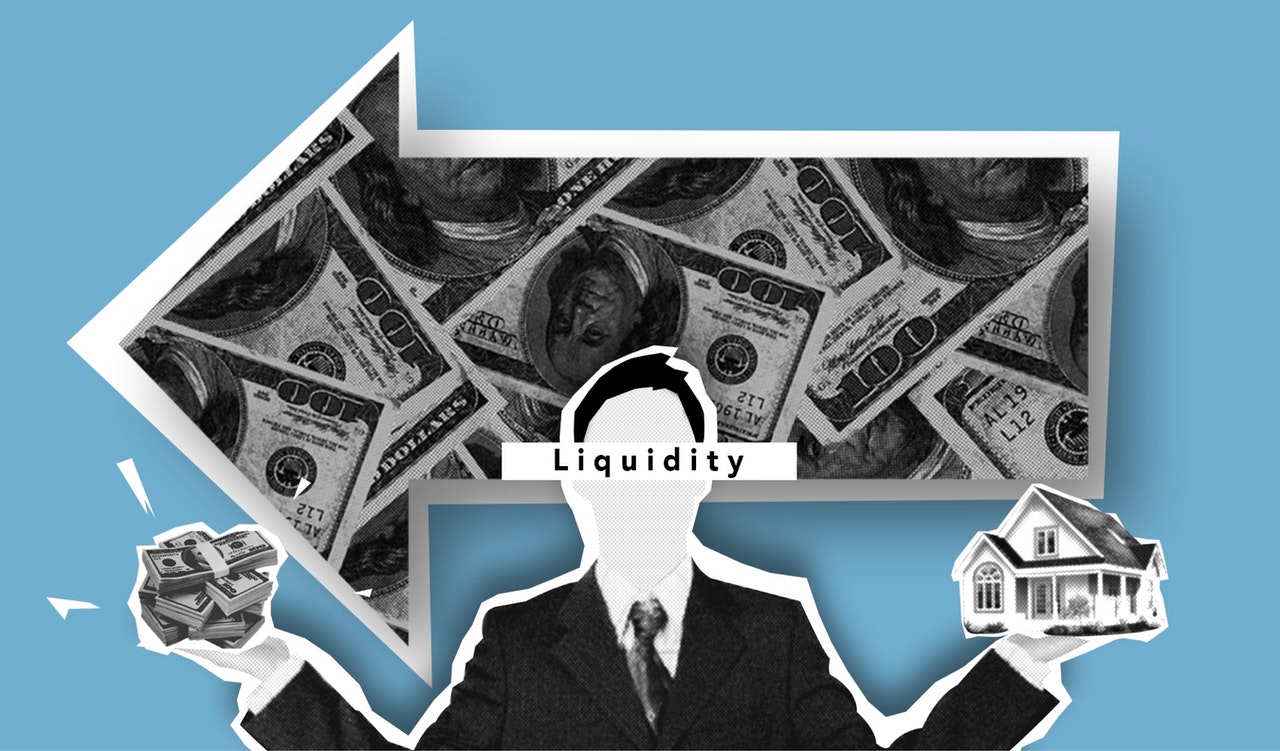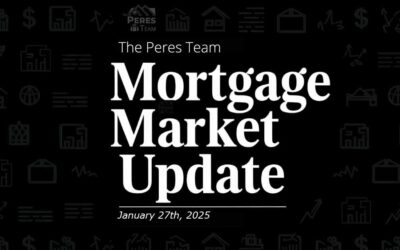
Is Buying and Investment Property Right For Me?
Not everyone can become a real estate investor. Buying a residential rental or commercial property comes with its own fair of challenges as well as opportunities. You’ll need to consider how much mortgage you can qualify for, the required operating costs, location of the property, expected return on investment, and how to deal with tenants.
You need to compare the risks involved when you buy an investment property compared to other forms of investments like investing in the stock market. Although the real estate investment typically has a higher annual average rate of return compared to the stock market, you must be prepared to face risks when you chose real estate investing.

Which Type of Investment Property to Buy and Where?
As a real estate investor, there are many types of investment properties that you can invest in. That’s why it’s important to define your investment goals right from the start so as to pick your investment niche.
You can choose to invest in commercial real estate properties or residential investment properties. If you are for residential investment properties, you need to choose whether it’s single-family, multi-family, condo, or townhouses. Each of the properties attracts different cash flow and different levels of financing.
The location where you decide to buy an investment property also matters a lot as it determines whether your investment is going to generate returns or not. You need to invest in neighborhoods where there is a high population in the near surroundings and other key amenities if you want your investment to generate quick returns.

Working With a Realtor Will Make Buying Investment Properties Easier
The process of buying an investment property involves several steps and you can make costly mistakes if you don’t do everything right. To ensure nothing goes astray, you should consider partnering with a reputable real estate agent in your area who specializes in investment properties in that area.
Real estate agents understand the local real estate investment market better than you and that’s why they are best positioned to walk with you in every step when buying an investment property until you close the deal. If you don’t have one in mind, look for recommendations and check their past clients’ reviews so that you can pick only the right realtor to work with.

Consider Other Costs That Come With Buying an Investment Property
When budgeting to buy an investment property, you don’t just plan for a down payment and monthly mortgage payments. The fact of the matter is, there are other expenses that come with property ownership that you need to budget for to determine if you can afford your desired investment property or not.
Some of these costs that you need to consider include; property taxes, property management costs, vacancy costs, repairs and regular maintenance costs, property insurance costs, furnishing rental property costs, legal fees, closing costs, waterfront taxes among others.
When you put all these costs into perspective, you will have to compare them with the expected cash flow that will be generated by the investment property and determine if the expected returns on investment are worth the cost.

A Background Check of The Investment Property is a MUST
Investment property is capital intensive and the last thing you can think of is your hard-earned money going down the drain. That’s why it’s very important to gather as much information as possible about the property.
If the property is overseen by a property manager, get more information about the current and previous owners if possible so that you can get every detail clear before you commit to the sale.
When you do due diligence, you might find out some crucial information regarding the status of investment property you are about to buy and act accordingly thus, helping you avoid making costly mistakes.

Become Familiar with Property Management
Taking your time to understand the ins and outs of property management plays a great role in helping you understand what to expect when you finally purchase your investment property. Common aspects of property management that you must be aware of include; marketing the property, dealing with tenants, registering the property to relevant sites, required regular maintenance and repairs, list of preferred contractors to work with, property taxes, and other key regulations.
If you have a busy schedule and it’s not possible to effectively manage the property by yourself, it’s advisable to hire an experienced property manager.
Investing in real estate is a great way of generating passive income. When purchasing your first investment property, you should seriously consider the above factors so that you can pick the most ideal investment property that will guarantee a positive cash flow with minimal hurdles on your investment.






0 Comments